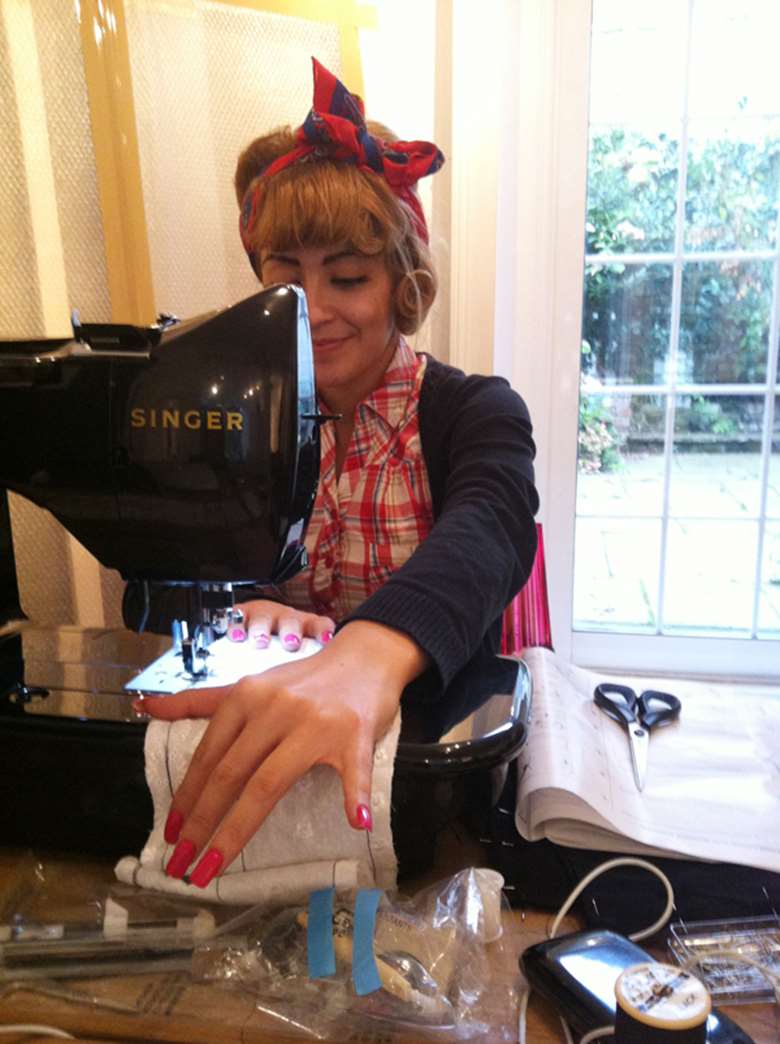How high street skills get young people on track
Emily Rogers
Monday, October 12, 2015
Project gets hardest-to-reach young people back into education.

Project
The High Street Experiment
Funding
Around £100,000 for three years from March 2012. Protege's main funders are Arts Council England, Heritage Lottery Fund, John Lyon's Charity and Esmee Fairbairn Foundation
Background
There are many reasons why young people can struggle at school and end up being excluded. "Many who are excluded are capable, sometimes the brightest kids, who just had a lot of other personal challenges and issues to negotiate," explains Sabita Kumari-Dass, founder of the charity Protege, which nurtures the untapped talents of young people through bespoke creative projects.
The charity works with between 45 and 50 14- to 24-year-olds each year in Brighton and Hove, Southampton, Ealing, Hammersmith and Fulham and elsewhere in London. Its recent High Street Experiment scheme was designed to give young clients experience of working in a more business-like environment.
Action
In June 2012, Protege moved into an empty shop in Richmond, south west London, which became a gallery. Here young people can develop transferable skills and an understanding of local business through activities such as commissioning artists and selling artworks.
The charity works closely with a network of local authority inclusion teams, schools and others to identify those who have been excluded or missing school due to factors including mental health issues, caring responsibilities or parenthood.
Kumari-Dass and one of her team of artists arrange an initial meeting with the young person, to establish whether he or she would benefit from bespoke learning and be up for trying a new approach. The induction period includes flexible activities to allow young people to share their interests and aspirations.
Those who took part in High Street Experiment spent one or more days a week working on individual assignments, such as photographing products and designing webpages, supported by a team of local businesses, creative experts and freelance artists. They completed portfolios of work for qualifications including Arts Awards, BTECs or GCSEs.
The project ended in March this year, but the charity is continuing work experience opportunities for young people at its Richmond premises. "This project was about breaking down young people's sense that they don't fit in," explains Kumari-Dass. "We try to nurture their previous experiences as raw material for their productivity, rather than something to run away from."
Outcome
The High Street Experiment supported 110 young people between March 2012 and March this year. Sixty per cent progressed into college and 20 per cent into employment. Ninety per cent said their involvement had increased their confidence.




